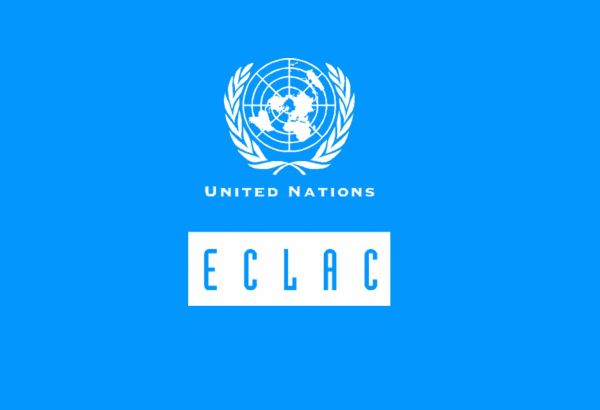
Cuba will transfer its current pro tempore presidency of the UN Economic Commission for Latin America and the Caribbean (ECLAC) to Costa Rica next Monday, October 26.
The handover ceremony will take place virtually, with the participation of the Cuban President Miguel Diaz-Canel, and Carlos Alvarado of Costa Rica.
The ceremony will be part of the 38th Session of ECLAC, which will be held online from October 26 through the 28th, hosted by Costa Rica.
The session is the most important intergovernmental conference for steering the work of ECLAC. It serves as a forum for consideration of the most pressing economic and social development issues for the countries of the region and an occasion to review the progress made by the Commission.
Cuba occupied the ECLAC pro tempore presidency for the last two years, since May 2018, when the thirty-seventh session took place in Havana.
Cuba’s presidency at ECLAC focused on three fundamental lines of work: advancing the 2030 Agenda for Sustainable Development in the region, prioritizing the Caribbean, and strengthening South-South cooperation.
One of ECLAC‘s objectives has been to make the Caribbean work visible, and so Cuba accompanied the “Caribbean First” initiative.
Cuba organized several events to share the experiences and challenges of the Caribbean and drew up action plans on how to help reduce the effects of natural disasters.
Cuba has contributed to the ECLAC Secretariat’s studies on the economic and social effects of the pandemic. The new coronavirus has brought dire economic prospects for the region, with a 9.1% drop in its GDP predicted and a significant increase in poverty.
Despite the obstacles that Cuba will continue to face, fundamentally due to the tightening of the United States’ blockade, the region will be able to continue counting on the island and its modest contributions.
 Escambray ENGLISH EDITION
Escambray ENGLISH EDITION





Escambray reserves the right to publish comments.